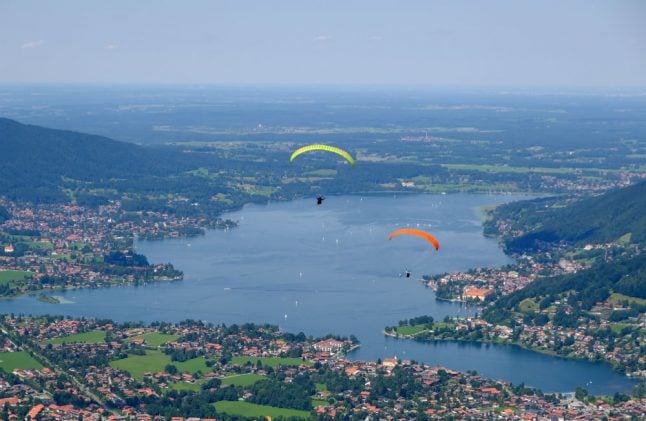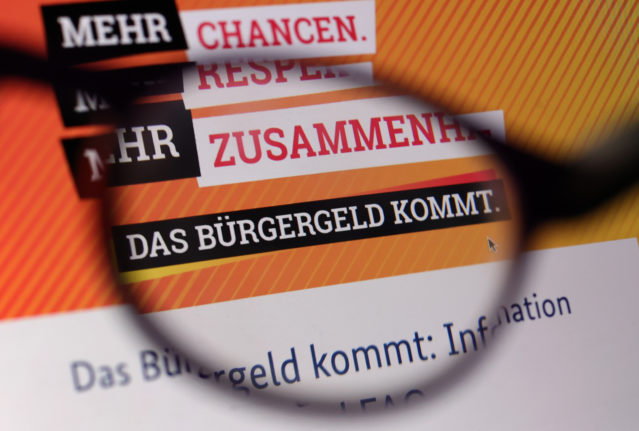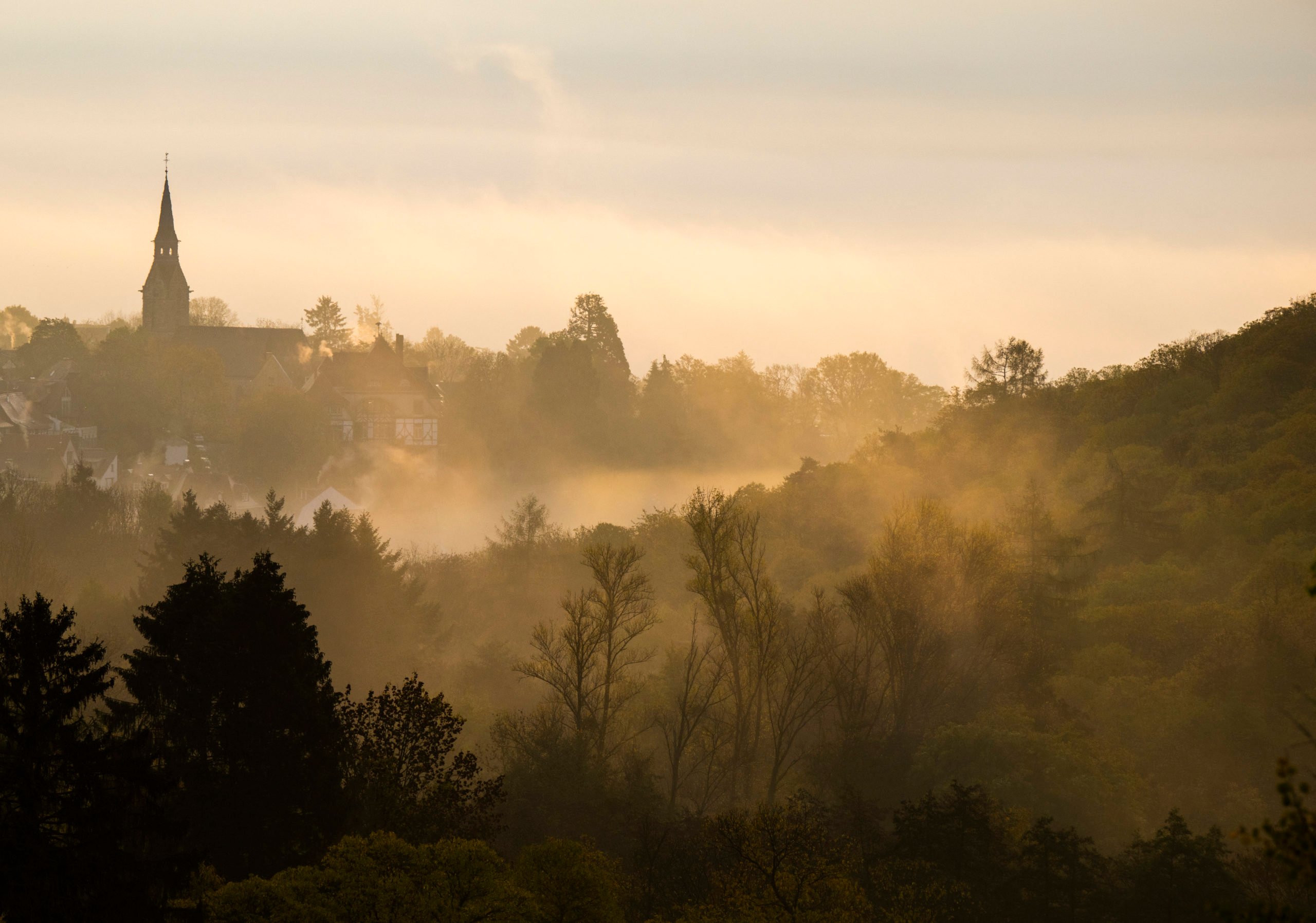In ZDF’s study which ranked a total of 401 places nationwide according to work and living conditions, free time and nature, as well as health and security, Munich came out on top.
What with the Bavarian capital’s abundance of museums, parks like the English Garden, cultural events on offer like Oktoberfest and proximity to the mountains, it outranked all the other districts and cities with a score of 207 points.
 1st place: Munich. Photo: DPA
1st place: Munich. Photo: DPA
Munich also leads the way in terms of annual hours of sunshine. Moreover, it is one of the best cities in Germany with regards to quality of life for women. The study also found that Munich has the lowest crime rates and poverty rates nationwide.
But the city isn’t exempt from challenges; ZDF notes that it has poor air quality, too few spots for children entering daycare and a high cost of living.
SEE ALSO: These are the German cities where rents have been going up the most
In second and third place are some more southern German cities: Heidelberg and Starnberg, respectively.
 2nd place: Heidelberg. Photo: DPA
2nd place: Heidelberg. Photo: DPA
Home to Germany’s oldest university, Heidelberg is beloved for its castle ruins and well-preserved medieval city centre. In the ZDF study it scored especially well in the nature and free time category due to its green spaces and many cultural offerings.
Lying on a lake just a half hour train ride from Munich is Starnberg – the wealthiest town per capita in Germany. Starnberg scored first in purchasing power and quality of life. And in September’s federal election the town had the most voter participation across the country.
 3rd place: Starnberg. Photo: DPA
3rd place: Starnberg. Photo: DPA
In fourth place is the only city in the top ten that isn't in the deep south of Germany: the UNESCO World Heritage town of Potsdam.
A hop, skip and a jump from Berlin on the train, the town won points for its parks and palaces. It also scored big in the free time and nature category for its libraries, tourism infrastructure, cultural events and sunshine.
4th place: Potsdam. Photo: DPA
Following Potsdam in fifth, sixth and seventh place are spots which are all located in Bavaria: Garmisch-Partenkirchen, the district of Munich, and the district of Miesbach.
Garmisch-Partenkirchen boasts being home to Germany’s highest mountain, Zugspitze, which attracts tourists from all over the world each year. On a clear day from the peak of Zugspitze visitors can see the 400 Alpine peaks of neighbouring Austria, Switzerland and Italy.
 5th place: Garmisch-Partenkirchen. Photo: DPA
5th place: Garmisch-Partenkirchen. Photo: DPA
The district of Munich is the most populated borough in Bavaria. Besides its abundance of palaces and monasteries, its Mühltal power station – where you can ride down the Isar river in a raft – is also popular among visitors.
 6th place: district of Munich. Photo: DPA
6th place: district of Munich. Photo: DPA
A popular destination in the Miesbach region is the resort town of Tegernsee. Here the water quality of 20,000-year-old Tegern lake is so good, a large portion of the residents in neighbouring districts drink it as tap water.
 7th place: Miesbach. Photo: DPA
7th place: Miesbach. Photo: DPA
The district of Oberallgäu and the Bad Tölz-Wolfsratshausen district respectively take eighth and ninth place in ZDF’s study.
 8th place: Oberallgäu. Photo: DPA
8th place: Oberallgäu. Photo: DPA
In the Oberallgäu district of Bavaria, which is known among other things for its sport activities in winter, visitors can enter the deepest rock gorge in central Europe: the Breitachklamm.
9th place: Bad Tölz-Wolfsratshausen. Photo: DPA
Last but not least on the top ten list is the Baden-Württemberg city of Ulm. The university town boasts having the highest church tower in the world with a steeple measuring about 162 metres. Ulm is also known for being the birthplace of Albert Einstein.
10th place: Ulm. Photo: DPA
Further cities which ranked well in the study are Regensburg, districts in the country’s southern wine route as well as rural districts in the foothills of the Alps.
Meanwhile in last place on the list were three North Rhine-Westphalian cities: Duisburg (399th), Herne (400th) and Gelsenkirchen (401st).
Though Gelsenkirchen came in last place of all the 401 German cities and districts analyzed, it still scored a total of 109 points because it fares well for its cultural activities and living space, according to ZDF.
READ ALSO: 10 simple reasons why living in Germany is truly awesome




 Please whitelist us to continue reading.
Please whitelist us to continue reading.
Member comments